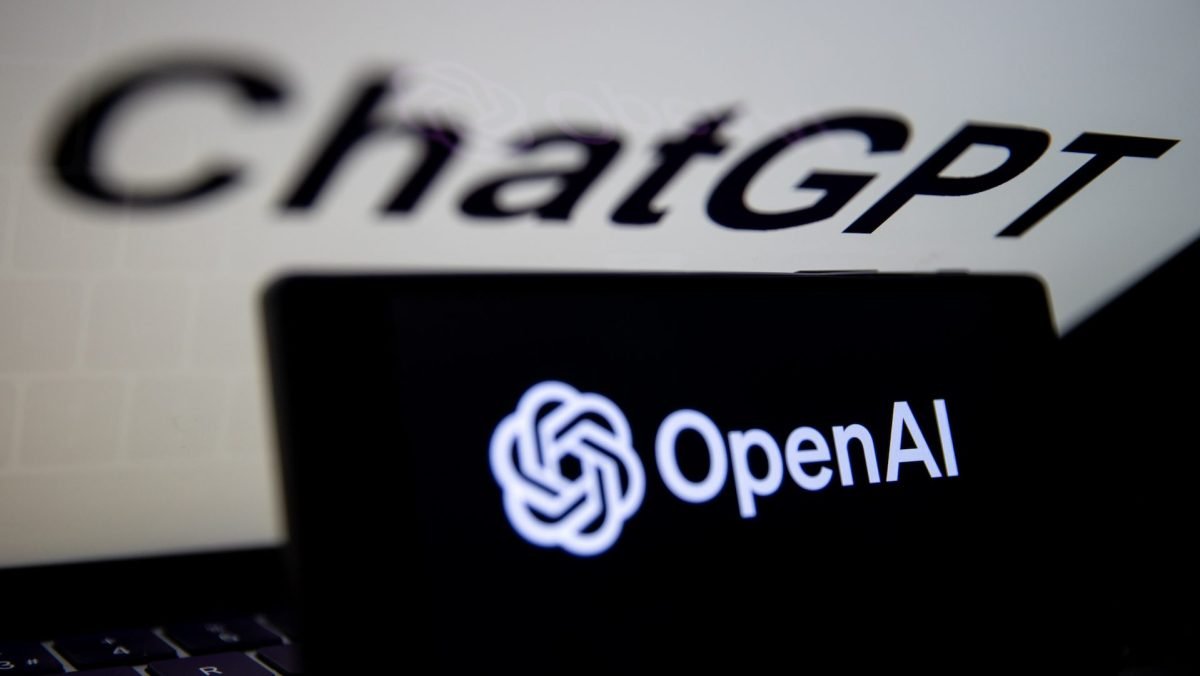OpenAI has just announced a partnership with Arizona State University (ASU), making ASU its first official higher education client. This collaboration will provide ASU’s researchers, staff, and faculty access to ChatGPT, OpenAI’s powerful AI chatbot.
“As OpenAI looks to expand into the university market, they were seeking a design partner and a thought partner, which is why we are excited to make this announcement,” said Lev Gonick, ASU’s chief information officer, in an email interview with TechCrunch.
The collaboration between OpenAI and ASU serves as a prime example of the evolving attitudes towards AI in education, as the technology progresses at a faster pace than education curriculums can keep up with. Last summer, several schools and colleges banned the use of ChatGPT due to concerns over plagiarism and misinformation. However, as more institutions begin to understand the potential benefits of AI in education, some have reversed their bans and instead started hosting workshops on the use of generative AI tools.
ASU firmly believes in the positive impact of AI as a tool for education, which is demonstrated through their open call to faculty and staff to submit ideas on how to utilize ChatGPT for student success and research opportunities. “This approach is part of a strategic plan to pave the way for our students and ensure responsible and scalable integration of AI into our academic community,” Gonick stated.
ASU will provide ChatGPT Enterprise accounts to their full-time employees, granting access to advanced features such as privacy and data analysis capabilities, as well as customizable options. This includes an admin console to manage usage within the organization, shareable conversation templates, and credits to create custom ChatGPT-powered solutions.
Gonick states that ASU will play a dual role in managing their ChatGPT Enterprise accounts and supporting effective usage of the AI. “Right now, we’re focused on providing priority access to our AI tools to our knowledge core at ASU, to stay at the forefront of discovery and implementation.”








